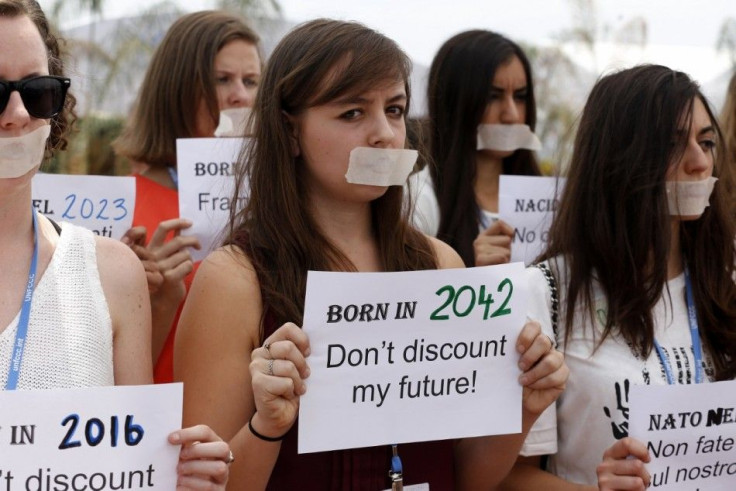Europe’s revised emissions trading systems dubbed too costly by industry: AT Kearney proposes cost effective emission control plans

The recent review of the European Union Emissions Trading System (EU ETS) and its projected costs for industries beyond year 2020 has triggered fears in the business and industry that the resulting financial burden would wipe out their margins. The revised report was unveiled by leading consultancy ECOFYS in Strasbourg.
“ECOFYS has shown that the projected cost for the steel industry of the proposal would be 34 billion euros (AU $47 billion) for the post-2020 period,” said Axel Eggert, Director General of EUROFER -- the trade body of European steel industry, reports Commodities Now.
He said the staggering 34 billion euros equates to almost 30 euros per tonne of crude steel by 2030. Already The steel industry’s average EBITDA (earnings before interest tax and depreciation) has moved around 35 euros for the past few years. So, this proposal is expected to destroy the industry’s economic viability.
Eggert said the steel industry is reeling under fierce global competition and there is an over flow of imports resulting from excess worldwide capacity. That has made the industry incapable of passing on such unilateral costs.
Industry-Govt partnership
As industries simmer over the costs of ushering in a carbon free business, Global management consulting firm A.T. Kearney has come out with a plan to bring down emissions of greenhouse gases by more than 900 million tons in the European Union.
The plan was put in the public domain at a time the world is waiting to hear about the global agreement to reduce greenhouse gas emissions at the Paris Climate Summit known as United Nation's 21st Conference of the Parties (COP21) starting on Nov 30, reports Oil Voice.
The report said the consultancy has mapped out three market-driven solutions to sustain economic growth without compromising on emission reduction with changed energy mix being the most important.
Giving out the details of the plan, A.T. Kearney's global head of the Utilities Practice Florian Haslauer, said actions borne out of mere passion to reduce gaseous emissions will only dampen global economic growth unless governments and the energy industry join hands to decouple the two and move towards energy transition.
He hailed European Union's Emissions Trading System as a good approach in checking carbon emissions from industries though it needs more inclusion into other sectors.
"So far, only the EU has successfully decoupled economic growth and greenhouse gas emissions," Haslauer said.
One of the steps in changing the power mix requires replacement of coal with gas. This will offer significant reduction in carbon dioxide emissions and can emerge as a cheaper option than many renewable energy sources, he said.
Paris talks
Meanwhile, France has urged all negotiators at the key UN climate talks in Paris to iron out differences at least six days before the deadline to end the talks, according to French foreign minister Laurent Fabius, reports The Guardian.
The Paris summit will have the presence of world leaders such as the US president Barack Obama, Xi Jinping, Angela Merkel and David Cameron to negotiate an international deal to reduce carbon emissions, to be effective from 2020.
“I don’t have a text in my pocket that I can pull out. I have found with the delegations that there is a real willingness to move forward, a willingness to be transparent,” the French foreign minister said in an indirect reference to the last climate summit in Copenhagen, where negotiations prolonged for many days.
For feedback/comments, contact the writer at feedback@ibtimes.com.au or let us know what you think below.





















